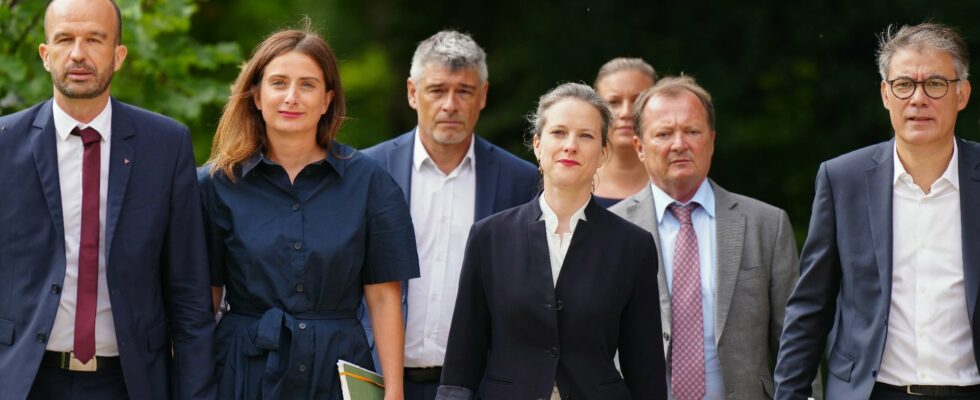According to a note from the Economic Analysis Council (CAE) published in July, the structural stabilization of France’s public debt requires an effort to reduce our deficit by 112 billion euros over a period of between seven and twelve years. The study of debt crises is not an exact science and it is unfortunately impossible to determine precisely what level of debt places a country at risk. But we know that French debt is heavy and that it is linked to the accumulation of “primary deficits”, i.e. deficits calculated before taking into account the interest charge.
We also know that the markets’ view of our debt has changed since the dissolution. The interest rate spread between French debt and German debt over ten years has increased from 50 to 75 basis points and the interest rate spread between French debt and Portuguese debt has become positive. We are under surveillance. The work of the CAE has the immense virtue of giving us an order of magnitude and a horizon: we must reduce our deficits by 100 billion euros before ten years, with a marked effort in 2025 and 2026. This is what the executive must have in mind.
Raising VAT and CSG: a false lead
A government dominated by the right would focus the effort on reducing public spending; a government dominated by the left would seek 100 billion euros in new revenue, by increasing the rates and bases of compulsory levies; a compromise government would propose a mixture of the two solutions. But do we really have a choice? Our country holds a quasi double world record: that of public spending and compulsory levies in relation to GDP. It seems, at first glance, more logical to focus the budgetary adjustment on spending. This idea is based on an economic argument – the higher level of compulsory levies than elsewhere has a cost in terms of attractiveness and competitiveness – and on a political argument – with this level of levies, consent to tax increases is very low.
Let us now consider the problem in practical terms. Which taxes would allow us to collect large sums while affecting economic activity the least? These are the ones with the lowest rates, the broadest tax bases and the fewest exemptions. In France, these are the CSG, each additional point of which brings in at least 10 billion euros, and the VAT, which, in the same hypothesis, brings in at least 8 billion euros. VAT is, moreover, a fair tax in the sense that it distributes the effort between households and businesses. Thus, increasing VAT by 2 points and the CSG by 1 point would bring in between 25 and 30 billion euros. This is enormous, but insufficient and probably politically impossible.
Taxing the rich and corporations: the NFP fad
It would therefore be necessary, to use the language of the New Popular Front, to “go and get the money” from the rich and from businesses. Yes, but these tax bases are narrow and it turns out that the economy is made by humans whose behavior adjusts to taxation. The “Laffer effect”, which means that an increase in tax rates that is too large reduces the incentives to produce so much that revenues decrease, exists.
Economist Xavier Jaravel, based on academic research, estimates that the overall level of compulsory deductions – direct taxes, social security contributions and VAT – beyond which any increase reduces tax revenues is of the order of 60 to 65% for the earned income of the best-off households, and 30 to 35% for capital income. France is already beyond this.
Re-establishing an ISF would therefore not, a priori, generate additional revenue. Let us add that the estimates of tax revenue based on the assets of billionaires that would have to be collected without scruple are as false as they are demagogic. These assets are essentially composed of shares. From the moment that a high tax applies to them that forces their holder to sell part of their capital, their value falls. This tax kills revenue.
The conclusion of all this is clear: there is no solution in France on the side of compulsory levies, politically tenable and economically realistic, which could allow us to reduce our deficits. It is on expenditure that the effort will have to focus.
Nicolas Bouzou, economist and essayist, is director of the consulting firm Astères
.
